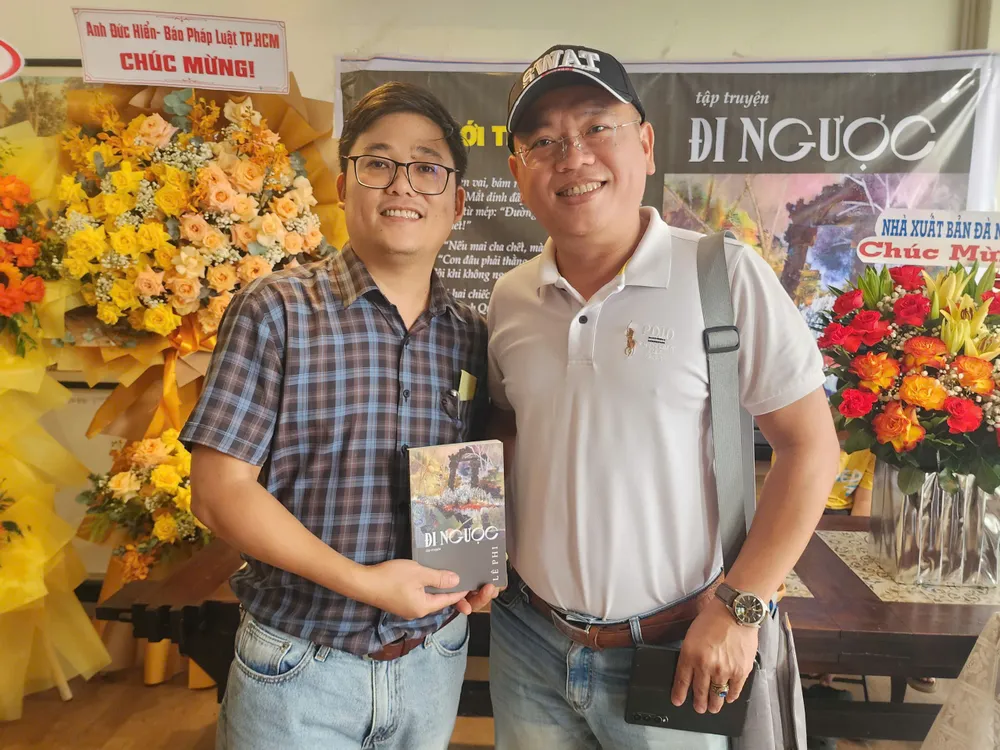
I have known Ho Tan Vu since 2005-2006, when he had just given up his job as a marketing staff of a ballpoint pen manufacturing company to pursue journalism. At that time, he was taking the first steps in writing articles for the Ho Chi Minh City Law Newspaper, and after that, his life-filled reports, conveyed in a soft literary style, led him to Tuoi Tre Newspaper, until today.
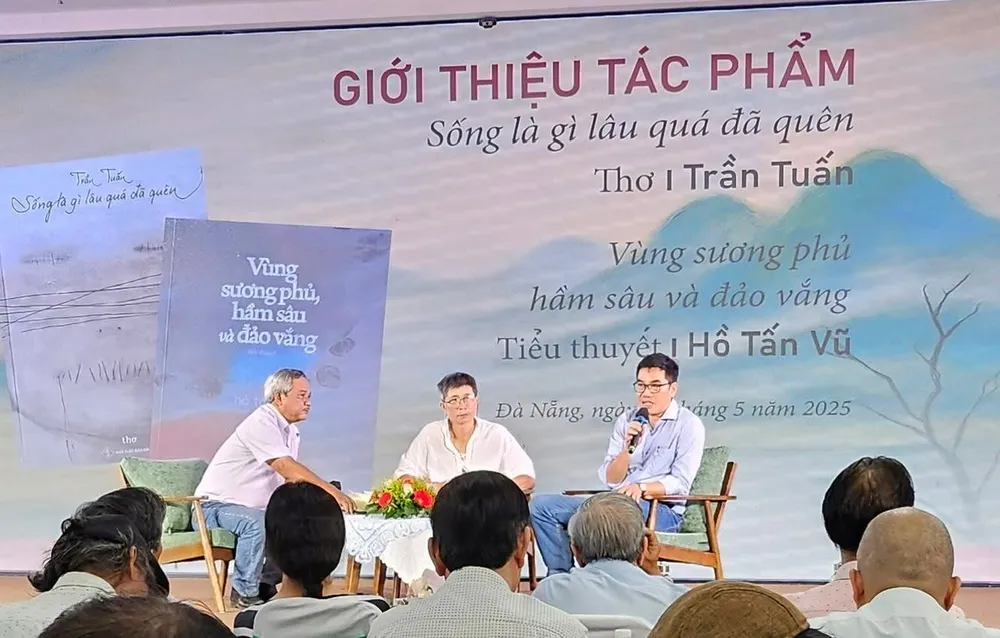
As for Le Phi, I first met him when he was a student interning at Saigon Giai Phong Newspaper - where I was a resident reporter. Later, Phi joined the Ho Chi Minh City Law Newspaper, became colleagues, worked together, struggled together, and played together with all our heart.
Another thing in common, Vu and Phi, along with me and 16 other reporters, were all present on the voyage from Tien Sa port to Hoang Sa during the Hai Duong 981 incident. The first reporters present at this event.
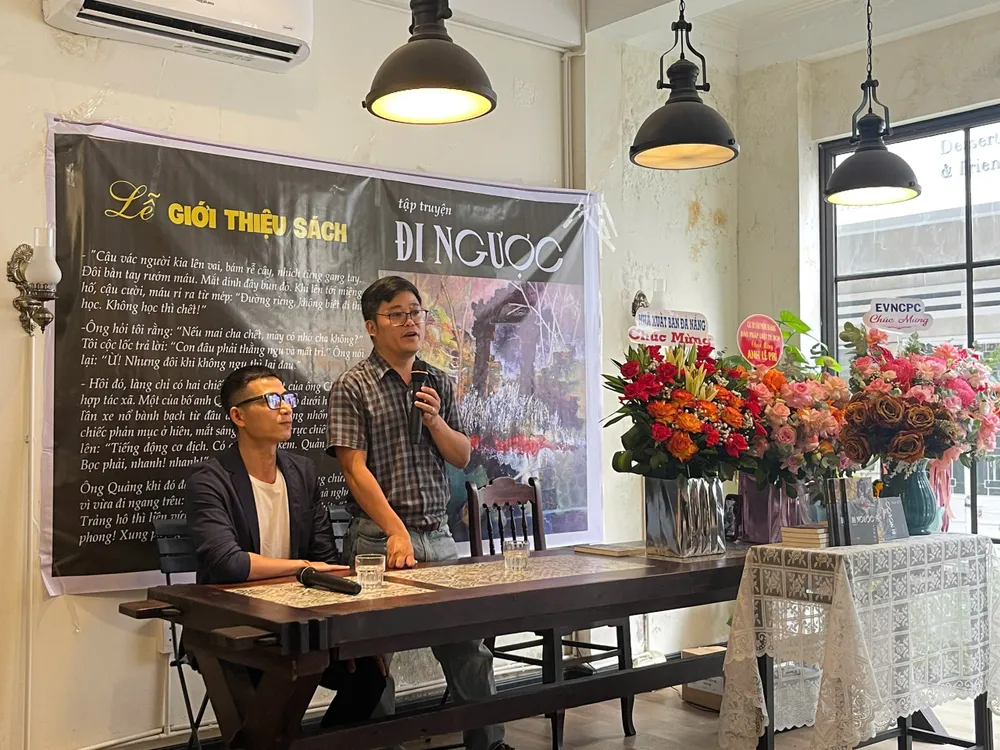
Both Vu and Phi were absent for a long time. And then, both reappeared with a collection of novels and short stories. Ho Tan Vu with the novel The Misty Area, Deep Tunnel and Deserted Island . Le Phi with the short story collection Going Backwards . One chose the midland and mountainous region of Quang; the other was attached to the countryside of Chua Khe, Nghe. Although different in writing style, approach, character building, and literary terrain, the common point is easy to recognize: both stepped from the reality of journalistic life to enter the literary realm - where the "truth" is not only told, but also felt, lived, and thought about, conveyed through fictional language.
As journalists, both Ho Tan Vu and Le Phi have traveled a lot, met a lot, have a rich life experience, and have written about stories that are very similar to the material in their novels and short stories. But the special point lies in the fact that they did not mechanically transform journalism into literature. The truth they brought to literature was filtered, fictionalized, and pushed to the level of symbolism.
Both authors are “people of the Central region” – not only geographically, but also spiritually. In Ho Tan Vu, there is an extension of the Quang Nam writing style – quiet, thoughtful, rich in memories and especially the human condition in the fog of memories.
In Le Phi, it is easy to recognize the literary undercurrent of Nghe An with its tradition of self-reflection, awareness of the ego and the desire for change. Phi is not pathetic but always lets the characters have choices, even if they are counterproductive choices. Phi’s language is simple and rough, but always has a soft spot – that is the quiet belief in humanity.
Source: https://www.sggp.org.vn/ho-tan-vu-le-phi-tu-vung-suong-phu-den-chuyen-di-nguoc-post802612.html


![[Photo] Solemn opening of the 12th Military Party Congress for the 2025-2030 term](https://vphoto.vietnam.vn/thumb/1200x675/vietnam/resource/IMAGE/2025/9/30/2cd383b3130d41a1a4b5ace0d5eb989d)
![[Photo] General Secretary To Lam, Secretary of the Central Military Commission attends the 12th Party Congress of the Army](https://vphoto.vietnam.vn/thumb/1200x675/vietnam/resource/IMAGE/2025/9/30/9b63aaa37ddb472ead84e3870a8ae825)
![[Photo] Panorama of the cable-stayed bridge, the final bottleneck of the Ben Luc-Long Thanh expressway](https://vphoto.vietnam.vn/thumb/1200x675/vietnam/resource/IMAGE/2025/9/30/391fdf21025541d6b2f092e49a17243f)
![[Photo] President Luong Cuong receives President of the Cuban National Assembly Esteban Lazo Hernandez](https://vphoto.vietnam.vn/thumb/1200x675/vietnam/resource/IMAGE/2025/9/30/4d38932911c24f6ea1936252bd5427fa)
![[Photo] The 1st Congress of Phu Tho Provincial Party Committee, term 2025-2030](https://vphoto.vietnam.vn/thumb/1200x675/vietnam/resource/IMAGE/2025/9/30/1507da06216649bba8a1ce6251816820)

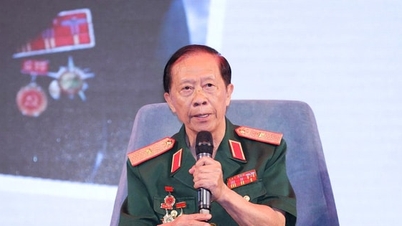




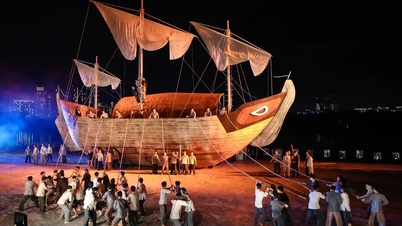

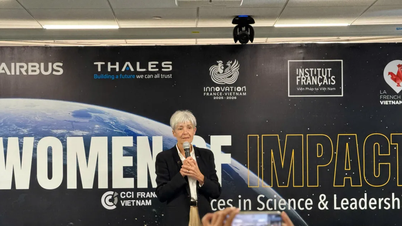




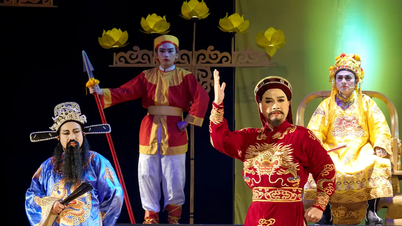
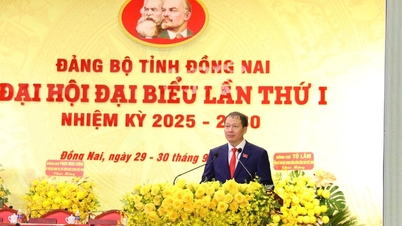


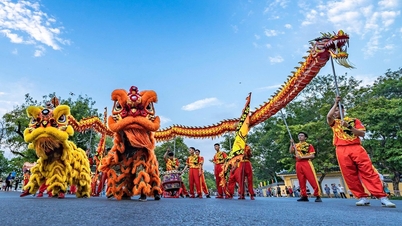






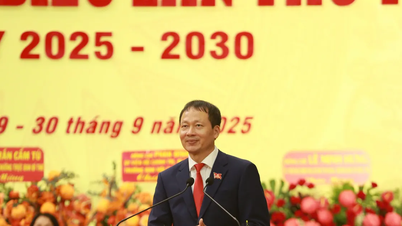
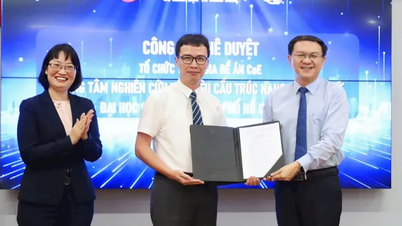

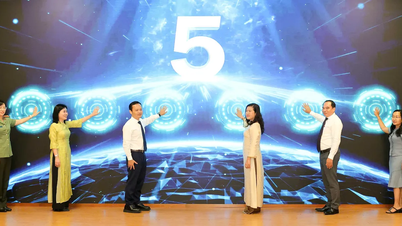
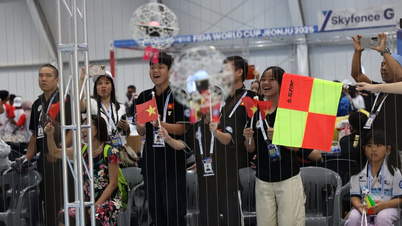
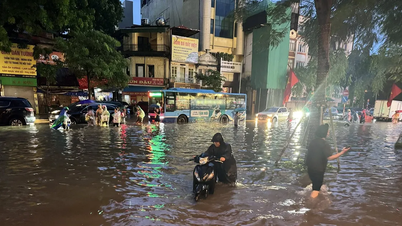













































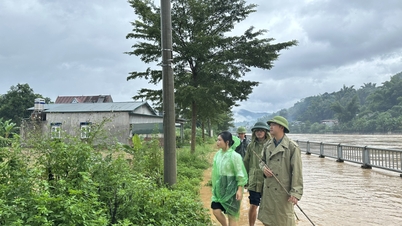

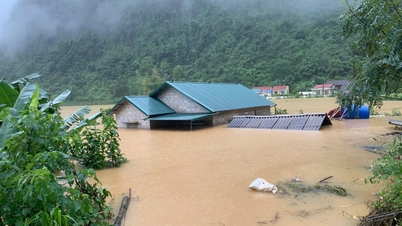















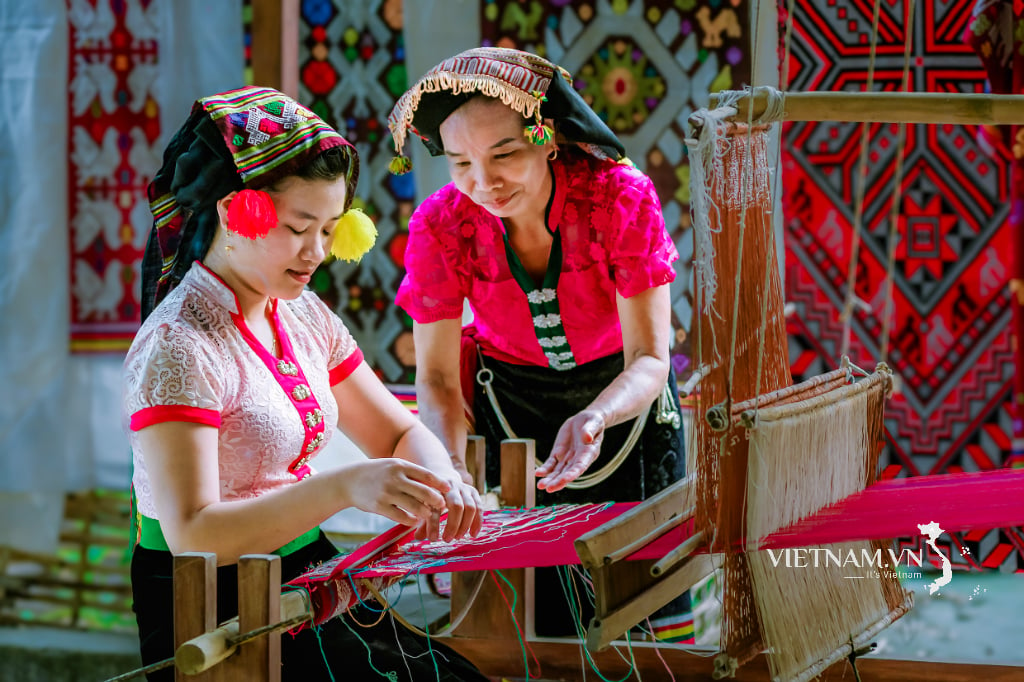
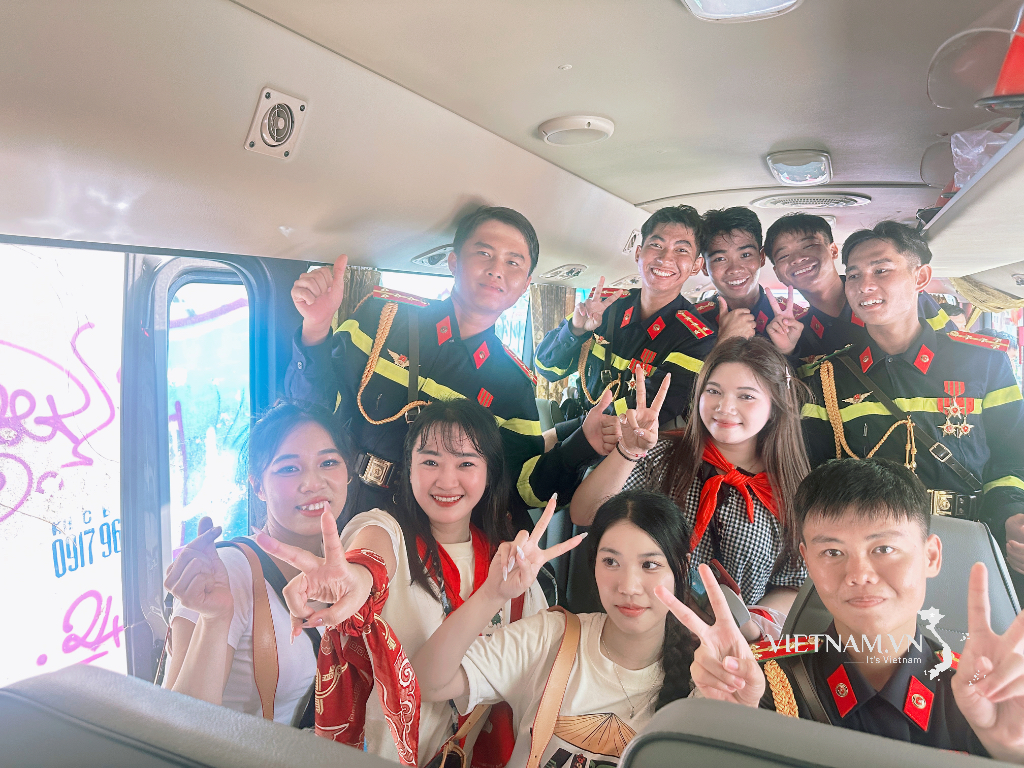
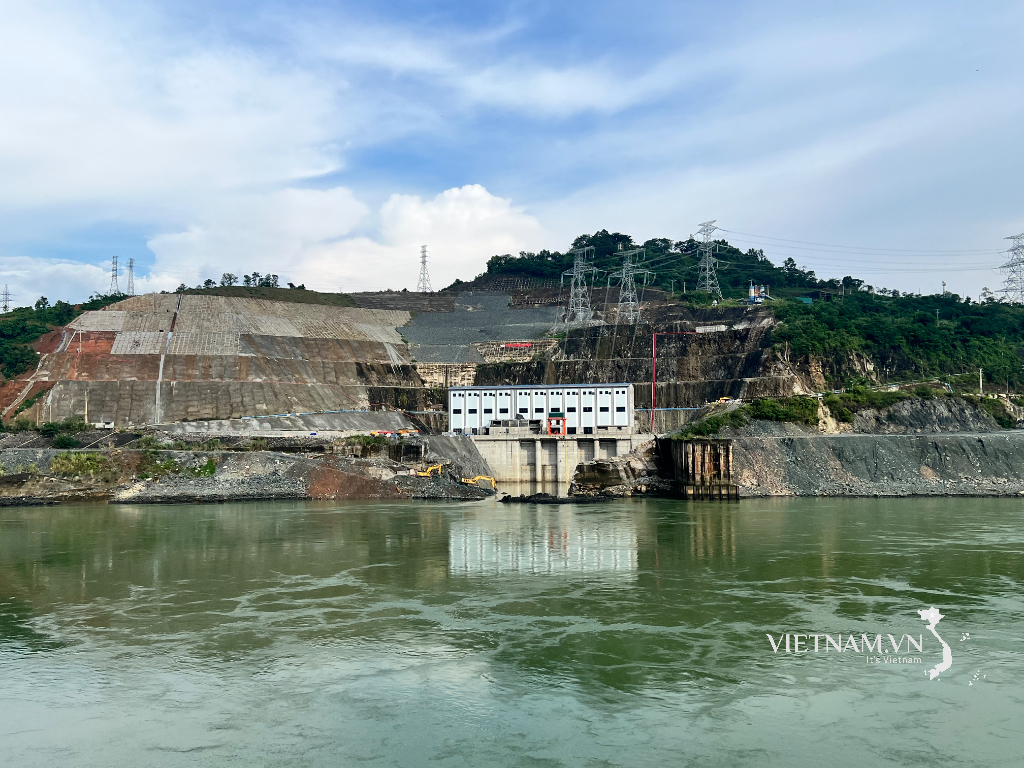

Comment (0)